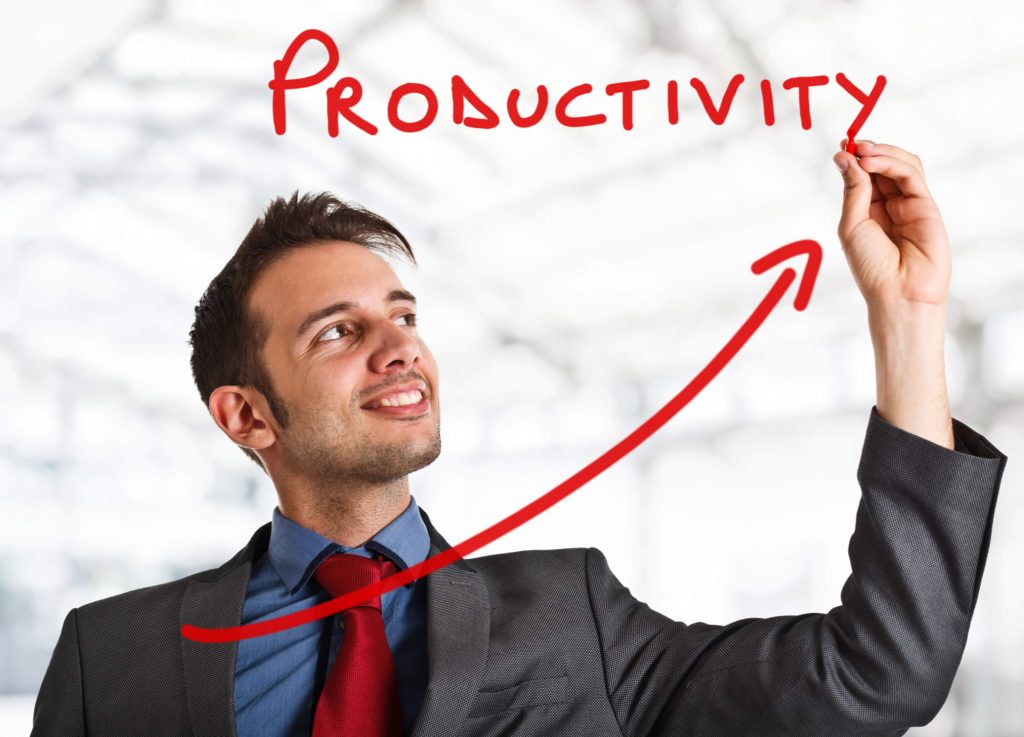
Illich’s law is a crucial law for organizations which want to achieve maximum productivity. Employee productivity can be defined as the amount of output produced by an employee in a specific period of time. The fact is that productivity tends to decrease or even reach negative values if a worker puts in more hours than his capacity. Illich’s Law which is also called “Law of Diminishing Returns” suggests that optimal productivity is reached with an appropriate balance between working time and resting time as productivity decreases after a certain period of continuous work. In short, relevant breaks are essential for staying productive.
Ivan Illich (1926-2002) was a polymath (a person with wide knowledge of various areas) born in Austria, of French and Serbo-Croatian descent. After graduating from studies in science, philosophy, theology, and history, he started his adulthood in the USA: first as a Catholic priest, then as a pastor for Puerto Rican immigrants. His generosity for the Puerto Rican community led him to be appointed as Vice-Rector of the Catholic University of Puerto Rico.
In the initial days of industrialization the factory managers, rich landlords and princely families used to treat their workers heartlessly. They used give workers lot of work and demand that it should be completed in short breaks. In short, they exploited their workers. And, productivity as a concept was not known.
These days due to pandemic almost 70% of the workers are working from home therefore mangers have to learn to lead remotely. For the first time, employee productivity has become an important topic of discussion. And that’s the reason I am writing this article.
During the strict lockdown, after a month of experimenting, Tata Consultancy Services (TCS) used the crisis to check whether if it can work on a long-term operating model. India’s largest IT Company is well known as trendsetter. After fourth quarter earnings call, TCS announced it is working towards a model called 25/25 where only 25 per cent employees will work from office by 2025. N.G.Subramaniam – Chief Operating Officer announced “We don’t believe we need more than 25 per cent of our workforce at our facilities to be 100 per cent productive”. Each employee should spend only 25 per cent of his/her time in office, he added. The culture of work from home is in its nascent stage and managers and employees are still learning the nuances.
The truth is employee productivity is not about making people work longer hours. Employee productivity starts with the leadership quality. It also begins with the team’s level of engagement at work. It has been proved through scientific research that taking scheduled breaks can actually help improve concentration. Some research has shown that taking short breaks during long tasks helps a person to maintain a constant level of performance; while working at a task without breaks leads to a steady decline in performance.
It is always better to have self-imposed deadlines. While we usually think of a stress as a bad thing, a manageable level of self-imposed stress can actually be helpful in terms of giving us focus and helping us meet our goals.
According to Illich counter productivity arises when the pursuit of a technical process undermines its original goals. In simpler words counter productivity arises when a useful process or technology is turned into a negative one. Illich gave an example with respect to travel; he said that beyond a critical speed even vehicles can’t run. If you have to reach a destination, you must plan your travel with proper time management. Every machine has its limitations; Illich therefore stressed on learning to practice a more disciplined and limited use of science and technology and invent alternatives especially low-scale, technologies.
In fact measuring a person’s productivity by the number of hours he or she puts in at work is mistaken. We live in a world where the whole foundation of productivity is set wrong. We believe that more the number of hours spent at work increases productivity more. But this premise is absolutely wrong. If someone is spending more number of hours doing the same amount of work, then he or she is actually less productive than others.
Research shows that productivity reduces when a person does too many tasks; mental blocks increase when a person is asked to switch tasks. Instead, productivity increases dramatically when a person gives full attention to one task at a time.
Too much work burns out our creativity and imagination. Studies show taking regular breaks helps increase concentration and boosts mood. We should always take five minutes’ walk around office or visit the canteen to sip coffee or tea, have small snack, meet a colleague have small discussion, take few minutes off to do pranayam.
Break your job into smaller tasks; looking at a big list or handful of jobs can be overwhelming. Seeing a handful of big projects on our calendar can be stressful. Instead if it is broken into smaller tasks, one feels more in control and will be much more productive
Conclusion
Illich’s law has been scientifically proven that after 45 minutes of consecutive work, we can only lose productivity. Based on this principle, everyone needs to take regular breaks and know that beyond a certain threshold of work during the same day, there is no point in trying hard.












































